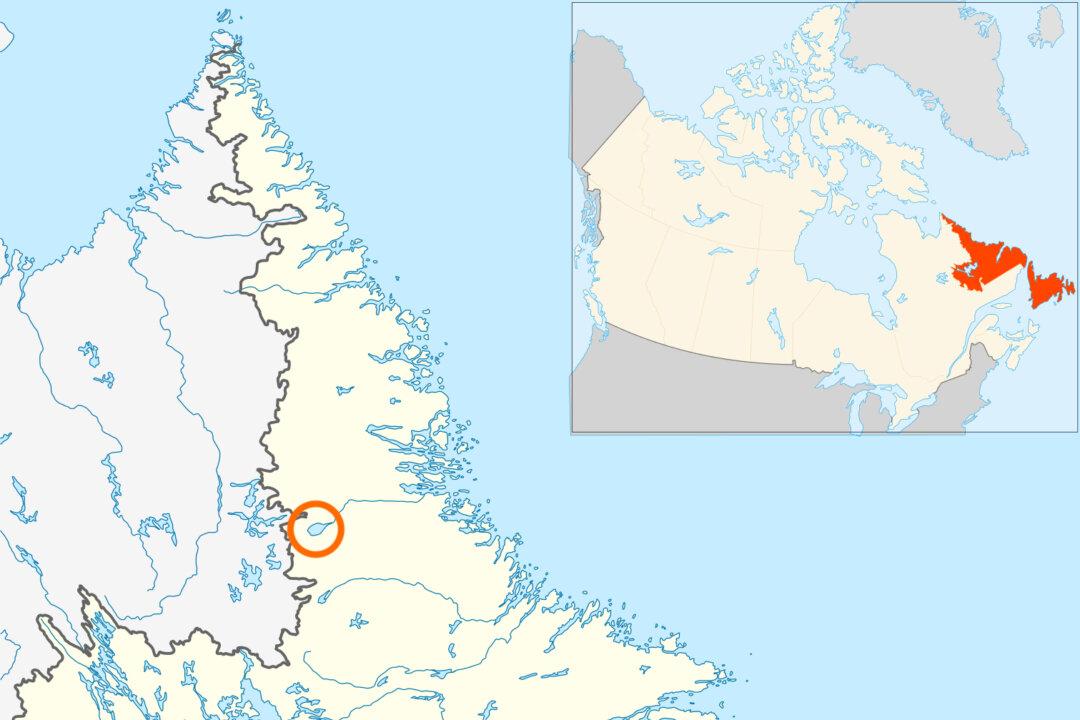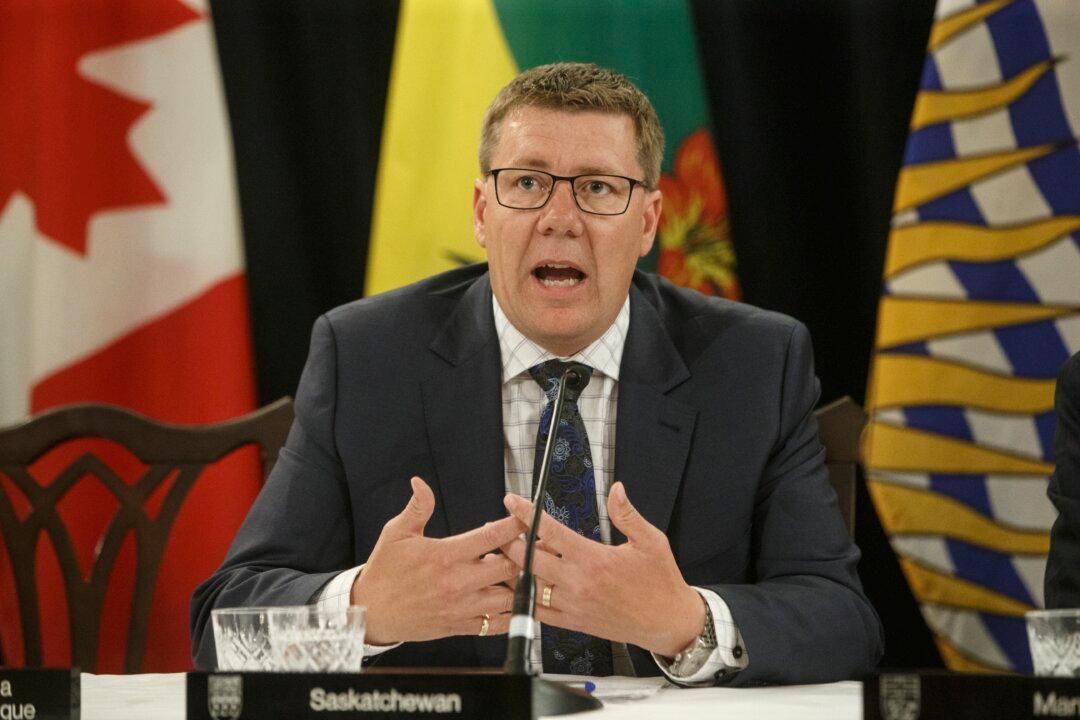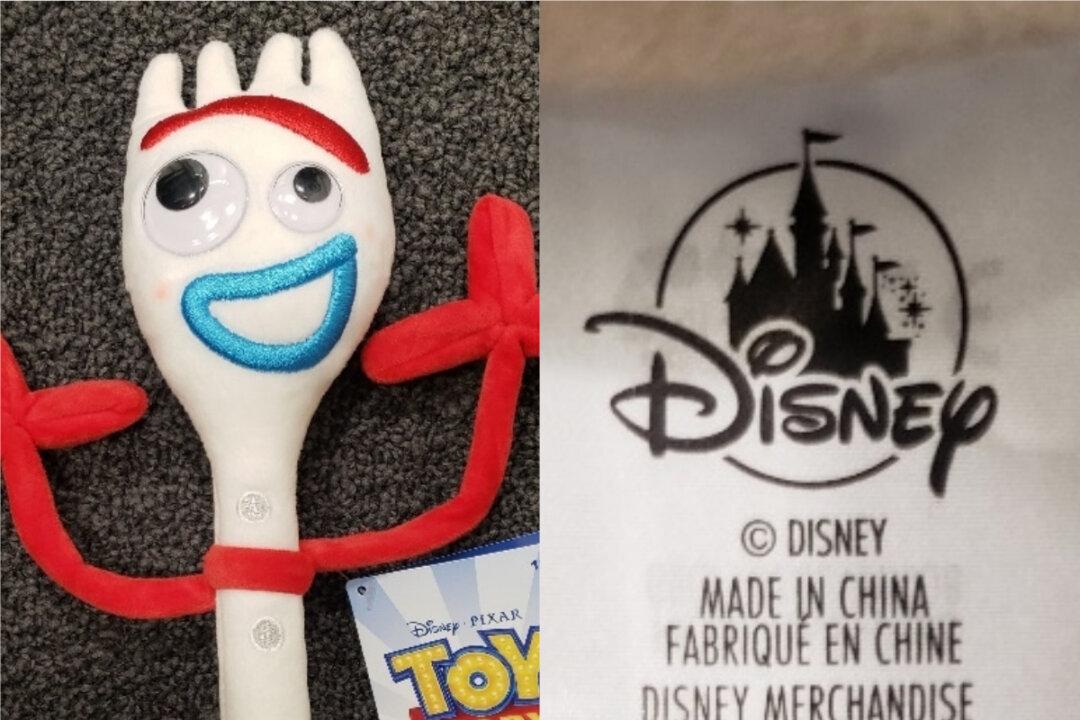VANCOUVER, Canada—The bail hearing for Meng Wanzhou, the chief financial officer of Chinese telecom giant Huawei who was arrested in Canada earlier this month, will continue for a third day after a judge in a Vancouver court made no decision on her bail on Dec. 10.
During the first hearing session on Dec. 7, lawyers representing the attorney general of Canada argued that Meng is a flight risk and should be denied bail because she doesn’t have ties to Vancouver. On Dec. 10, Meng’s lawyer, David Martin, focused on establishing what possible conditions could justify granting her bail request.




